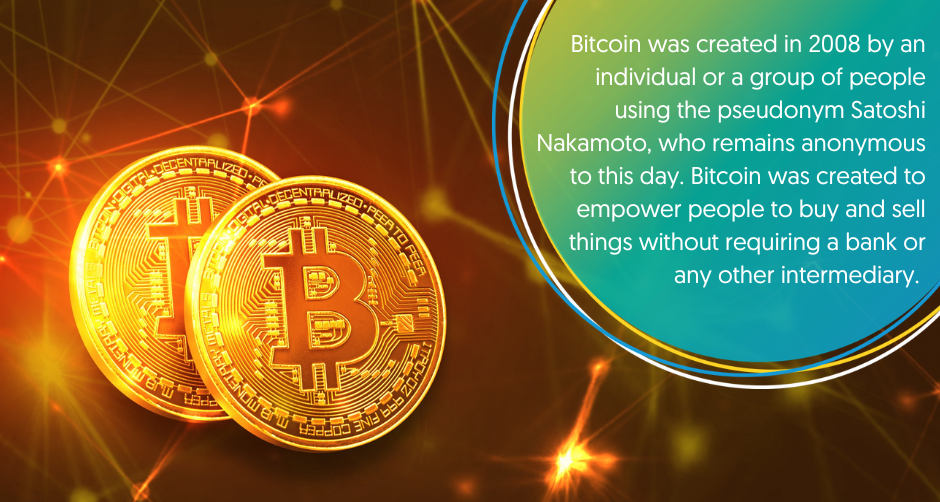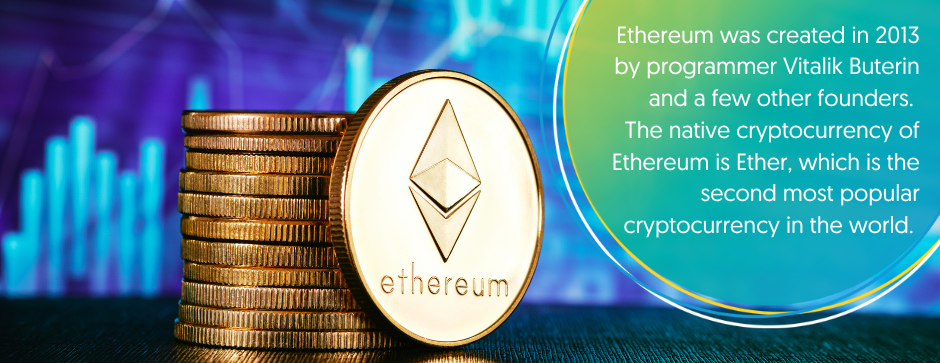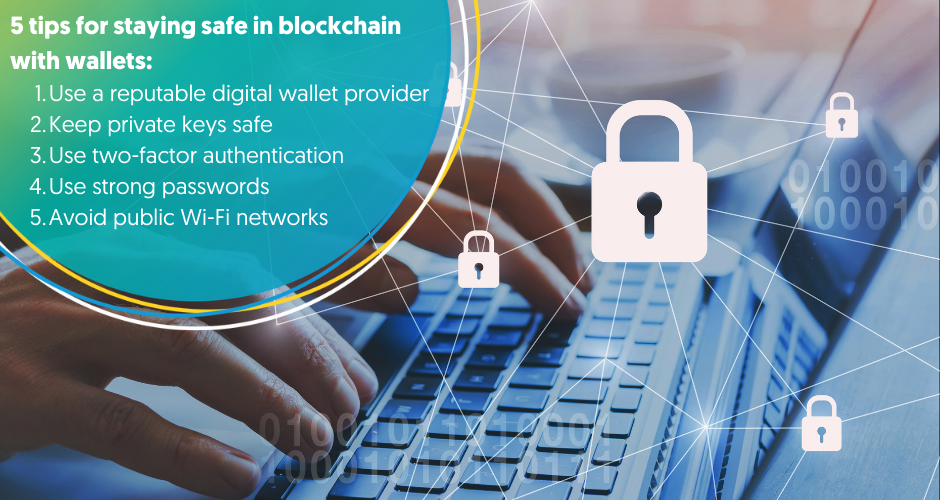Unlocking the Power of Technology: Everything You Need to Know about Blockchain
As the world continues to digitize, blockchain technology stands out as one of the most promising innovations, alongside artificial intelligence. Although commonly associated only with Bitcoin and other cryptocurrencies, blockchain technology is much more than that. It is already disrupting multiple industries and has the potential to revolutionize many more. Blockchain will fundamentally alter the way we conduct business and interact with data. But, there’s a catch…
Like the internet in the early 2000s, blockchain also faces skepticism and mistrust. It is often associated with get-rich-quick schemes and scams, which leads to misunderstandings about its potential uses. However, just as the internet changed our lives, blockchain has similar transformative potential.
It may take time for people to fully embrace it, but exploring its possibilities is definitely worth the effort. At SunContract, we are utilizing blockchain to revolutionize the energy sector, making it more accessible and efficient for everyone.
Let’s explore what blockchain technology is and break down how it works. You may be surprised to find out which of the world’s biggest companies are already using it. Also, did you know that you can save money with blockchain, not just by trading cryptocurrencies?
What is blockchain technology and why it matters?
Before we begin, let’s clarify a few things:
- Blockchain is the technology that enables the existence of cryptocurrency.
- Bitcoin is the world’s most famous cryptocurrency, but it’s not the same as blockchain.
- Bitcoin uses blockchain technology, and is the reason why blockchain, as we currently know it, was created.
Blockchain technology has become a buzzword in recent years, but what is it exactly? It is a decentralized, peer-to-peer (P2P) network for storing and sharing data securely, without the need for intermediaries.

At its core, blockchain technology is a digital ledger that records transactions in a secure, transparent, and decentralized manner. It uses cryptographic algorithms to ensure that data stored in the blockchain cannot be tampered with.
This makes it an ideal technology for storing any sensitive data that needs to be protected from hackers or malicious actors. Given the amount of sensitive data in the modern world, this is particularly valuable.
At the end of the article, we’ve included some additional safety pointers on how to protect yourself while using blockchain technology.
Blockchain 101: How blockchain technology works?
At the heart of the blockchain technology are “blocks”, which are essentially digital containers that hold information. Each block in the chain includes its own data, timestamp and a unique code called a “hash”, which serves as a kind of digital fingerprint for that block.
This hash code is generated using complex algorithms that make it almost impossible to replicate. When a new block is added to the chain, it is linked to the previous block using a different hash code, thus creating a blockchain.
“People who add new blocks to the chain are called “miners”, but more on that later. “
Each block has its own hash code, as well as the hash code of the previous block. This ensures that every block is completely unique and cannot be tampered with. The result is an unbroken chain of blocks that forms the digital ledger.
The ledger is stored across a decentralized P2P network of computers, meaning that there is no single point of failure or control. This makes the blockchain incredibly secure, as it is virtually impossible for hackers to alter the data without being detected. How can tampering with the data be detected? That’s when miners come in.
Bitcoin vs Ethereum
Miners play a crucial role in the functioning of the blockchain network. They validate transactions from different users and update the public digital ledger, ensuring the network operates properly.
Miners must keep all current and past transaction data in perfect synchronization and are financially rewarded for doing so. This concept is called Proof-of-Work (PoW) mechanism, as miners use their computer’s computing power to solve complex mathematical equations.
The Bitcoin blockchain operates under the PoW mechanism.

Some blockchain networks use the more energy-efficient Proof-of-Stake (PoS) mechanism to validate transactions. With PoS, validators stake coins to earn fees and verify blocks, reducing the computational work required. Validators must offer coins as collateral, which incentivizes honesty when verifying blocks.
Both Proof-of-Work and Proof-of-Stake mechanisms have been successful in maintaining a blockchain, but each has its own pros and cons.
The Ethereum blockchain operates under the PoS mechanism.
Ethereum enables developers to create decentralized applications (dApps) and smart contracts. In a smart contract, the terms of an agreement between two parties are written directly into the code in advance. The code then automatically executes the terms when they are met, which can greatly speed up business processes.

Blockchain solutions for real-world problems
Blockchain technology provides a secure way to store various types of information, such as digital signatures, medical records, voting records, and property rights. It is well-suited for keeping sensitive information that needs to be shared among many people. This technology has already disrupted many industries, and at SunContract, we have leveraged it in our own innovative way.
Using the Ethereum blockchain, we have created a decentralized platform for energy trading that has been running successfully from the year 2018. The SunContract electricity marketplace eliminates intermediaries, saving users money and providing greater control over energy consumption. Smart contracts automate and secure the trading process.
Our forward-thinking approach empowers the use of renewable energy for a greener future. Secured by blockchain technology, our marketplace has the potential to democratize energy trading and reduce reliance on centralized providers. SunContract promotes the use of clean energy and reduces carbon emissions by providing efficient and sustainable energy solutions.

Here are some examples of the world’s largest companies that are already using blockchain technology across various sectors:
1. Financial services: Financial institutions including Mastercard, Visa, Barclays, JPMorgan Chase, Goldman Sachs, PayPal, and even the Bank of China use blockchain technology to make their transactions faster and less expensive. This technology allows them to process transactions more efficiently and securely.
2. Supply chain management: Walmart and Maersk use blockchain to track their goods and cargo, optimizing their supply chains and providing better customer service. This technology also ensures the safety and security of their goods during transportation.
3. Logistics: Global third-party logistics companies like DHL Express, DB Schenker, and FedEx Corporation have adopted blockchain technology to improve the efficiency and cost-effectiveness of their operations. Blockchain provides a tamper-proof and transparent record of all transactions in the supply chain.
4. Healthcare: Blockchain technology enables secure and confidential storage of patient data, allowing healthcare professionals to access and share patient information in real-time, leading to better patient care. It can also reduce the use of paper in healthcare. For example, Estonia has digitized over 95% of its health data, making it one of the most digitally advanced countries.
5. Voting systems: US companies like Follow My Vote and Voatz have implemented blockchain to make voting more secure and honest, which improves the integrity of the process.
Other sectors where blockchain technology can be applied include: real estate, insurance, agriculture, government services, and many more. Among other things, blockchain technology shines in its ability to remove intermediaries. It can also cut costs in business processes and lower the risk of fraud while increasing data privacy.
Not everyone needs to know exactly how it works to use it, but it can be a big help to people, society, and the environment. Like the internet, it might take a while for people to really get into it, but it’s definitely worth checking out!
Staying safe in blockchain with wallets, keys and these 5 tips
Digital crypto wallets are like bank accounts for cryptocurrencies – they allow users to send, receive, and store them securely. Crypto wallets come in three types: desktop, mobile, and hardware.
Desktop wallets are downloaded onto a computer and provide access to the private key stored on the device. Mobile wallets work similarly, but are designed for smartphones. Hardware wallets are physical devices that store private keys offline, making them the most secure option for storing cryptocurrency assets.
Digital wallets are crucial for cryptocurrency users as they provide a secure place to store private keys and other data related to cryptocurrency. To send cryptocurrency, users must sign the transaction with their private key, which acts as a digital signature.
Private and public keys are cryptographic keys used to secure transactions on the blockchain. Private keys are long strings of alphanumeric characters used to sign transactions. Public keys, generated from private keys, are used to verify transactions and receive cryptocurrency.

When it comes to utilizing blockchain technology, safety and security should be a top priority. Here are 5 tips for staying safe:
1. Use a reputable digital wallet provider: When selecting a digital wallet, choose a reputable provider with a strong track record of security and reliability.
2. Keep private keys safe: Private keys should be kept safe and secure. Consider storing them offline in a hardware wallet or in a secure location on your computer.
3. Use two-factor authentication: Two-factor authentication adds an extra layer of security to your account. Consider using a two-factor authentication app or a hardware token to secure your account.
4. Use strong passwords: Use strong, unique passwords for all of your accounts. Avoid using common words or phrases and consider using a password manager to generate and store strong passwords.
5. Avoid public Wi-Fi networks: When accessing sensitive information, avoid using public Wi-Fi networks as they can be vulnerable to hacking.
By taking the necessary steps to stay safe when utilizing blockchain technology, users can ensure the security of their cryptocurrency assets and transactions.

